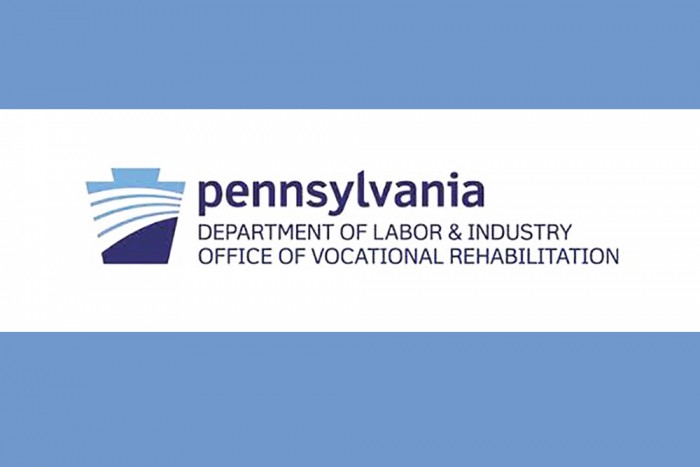Visualizing the Behavioral Health Workforce Crisis
February 22, 2024, 12:00 pm – 1:00 pm EST
Register Here
Featuring Charles Klinger, Chief Operating Officer, Behavioral Health Alliance of Rural PA (BHARP)
 Charles has led a collaborative data project across 24 Pennsylvania counties. It paints a picture of a devastated workforce.
Charles has led a collaborative data project across 24 Pennsylvania counties. It paints a picture of a devastated workforce.
Agencies provide this data, and review it with government and managed care. It is being used to support recruitment and retention efforts.
Charles and his team are working together to find solutions to the BH workforce crisis.
Charles has led the Provider Workforce Staffing (PWS) report in response to the major changes in behavioral health staffing since 2020. Over 20% of available positions remain unfilled, signaling an increased divide between available workers and population need.
This report highlights the costs of adequately filling our network in a clear and comprehensive way. Average rate of pay for a multitude of mental health jobs have been reviewed in the PWS report, from psychiatrists to housekeepers.
Most BH staffing problems arise from lack of available workers. According to Charles’ research, workers are leaving jobs, and there are no candidates available to replace them. Many jobs have consistently remained vacant.
For those from Pennsylvania, the PWS is particularly illuminating, as it focuses on state-specific needs, like the loss of workers in every level from outpatient care, to intensive behavioral health services (IBHS).











 Charles has led a collaborative data project across 24 Pennsylvania counties. It paints a picture of a devastated workforce.
Charles has led a collaborative data project across 24 Pennsylvania counties. It paints a picture of a devastated workforce.






